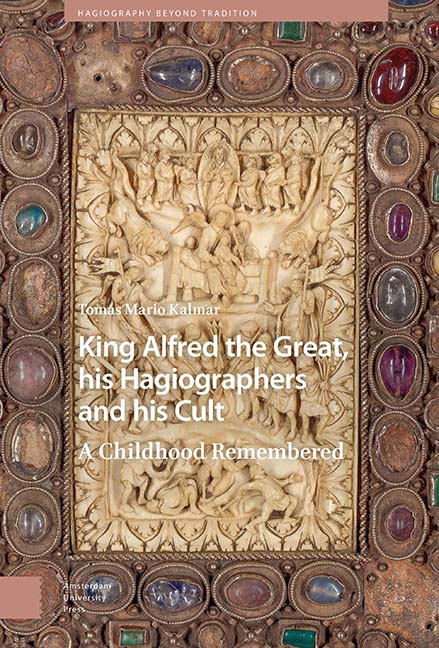5 - Win the Book
Published online by Cambridge University Press: 29 November 2023
Summary
From the reader’s point of view, what matters most about folktale is the close attention it demands. A few of the Grimms’ folktales would give good practice for reading Mark’s. There is no unnecessary digression in such stories. They are lean, close and complex in articulation, with a precision which we tend to associate with science rather than with art. They are almost formulaic. Everything in them matters and has functional relationship to every other thing. So every, even momentary, negligence in reading them is disabling. They should be read no faster than the pace of speech, and not once only. For they belong to the people clustered round the storyteller who brings out of his narrative treasure things new and old, rather than to the rapid browser in the armchair.
— John DruryAbstract
Is the oft-told tale of how young Alfred won his mother’s book too good to be true? A mere folk tale about a youngest son who alone succeeds in a quest? Or is it Alfred’s own childhood memory, an authentic relic of his psyche? Guided by the spirit of redaction criticism as practiced by biblical scholars in the second half of the twentieth century, this chapter is a close reading of the fable as parable, as a pericope which circulated orally before it was redacted by Asser. It concludes that Asser’s redaction condenses Alfred’s modus vitae and the curve of his destiny into a gem, a hagiographic figura too good to be false. Where does it find its typological fulfillment?
Keywords: Alfred P. Smyth, psychohistory, Asser, Vita Alfredi, redaction Criticism
Transcendental flotsam and jetsam
‘I find in Burke,’ wrote Emerson in his journal when he was twenty-three years old, ‘almost the same thought I had entertained as an original remark three years ago: that nothing but the moral quality of actions can penetrate through vast intervals of time.’ Nine years later, a month after marrying Lydia Jackson, he wrote:
Do you see what we preserve of history? a few anecdotes of a moral quality of some momentary act or word, — the word of Canute on the seashore, the speech of the Druid to Edwin, the anecdote of Alfred’s learning to read for Judith’s gift, the box on the ear by the herdsman’s wife, the tub of Diogenes, the gold of Croesus, and Solon, and Cyrus; these things, reckoned insignificant at the age of their occurrence, have floated, while laws and expeditions and books and kingdoms have sunk and are forgotten. So potent is this simple element of humanity or moral common sense.
- Type
- Chapter
- Information
- King Alfred the Great, his Hagiographers and his CultA Childhood Remembered, pp. 199 - 228Publisher: Amsterdam University PressPrint publication year: 2023

